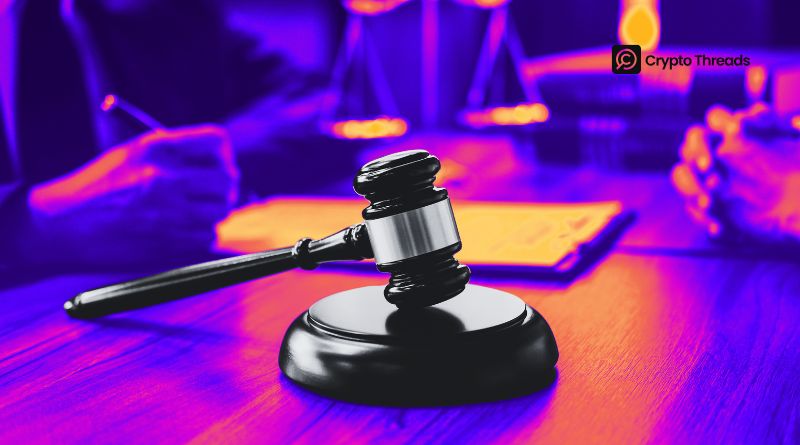Defense Lawyers in Samourai, Tornado Cases Accuse Prosecution of Withholding Exculpatory Evidence
Legal Teams Claim Key Evidence Suppressed in Landmark Crypto Privacy Cases
Defense attorneys representing developers of cryptocurrency privacy tools Samourai Wallet and Tornado Cash have filed motions accusing federal prosecutors of deliberately withholding exculpatory evidence crucial to their clients’ cases. According to court documents filed this week, lawyers for defendants in both cases allege that prosecutors have failed to disclose information that could potentially demonstrate their clients’ innocence or significantly mitigate the charges against them. These serious accusations have emerged in two separate but conceptually related cases that legal experts consider landmark litigation for cryptocurrency privacy rights and developer liability.
In the Samourai Wallet case, defense attorneys claim prosecutors concealed internal government communications acknowledging the legitimate uses of privacy-enhancing cryptocurrency tools. The filing specifically references undisclosed Department of Justice memoranda that allegedly recognize financial privacy as a legitimate concern for cryptocurrency users and acknowledge that privacy tools like Samourai Wallet have substantial non-criminal applications. “The prosecution has selectively presented evidence suggesting our clients designed these tools exclusively for illicit purposes while withholding documentation that directly contradicts this narrative,” stated lead defense attorney Rebecca Mendoza in accompanying press materials.
Parallel Concerns Raised in Connected Cases
Similar allegations have emerged in the closely watched Tornado Cash case, where defense lawyers claim prosecutors failed to produce evidence showing that government agencies were aware that the majority of transactions processed through the mixing service were for legitimate privacy purposes. The motion alleges that certain intelligence reports and blockchain analytics were deliberately kept from discovery despite potentially supporting the defense’s position that the service was designed primarily for legitimate financial privacy rather than money laundering.
Both cases represent significant legal battles over cryptocurrency privacy technology and developer liability. The Samourai Wallet developers face charges related to conspiracy to commit money laundering and operating an unlicensed money transmitting business, while the Tornado Cash case involves similar charges along with sanctions violations. The prosecutions have drawn significant attention from digital rights advocates, cryptocurrency developers, and legal scholars who view these cases as potentially establishing important precedents regarding code as protected speech and the boundaries of developer liability for how their software is ultimately used.
Analysis of Legal Implications and Broader Context
Legal experts monitoring these cases note that allegations of withheld exculpatory evidence, if proven, could have significant consequences for the prosecutions. “Brady violations – the withholding of exculpatory evidence – can result in case dismissals or significant sanctions against the prosecution,” explained Daniel Weitzner, professor of digital law at MIT. “These motions raise serious questions about whether prosecutors have fulfilled their constitutional obligations to disclose evidence favorable to the defense.”
The defense filings come amid growing concern about the legal treatment of cryptocurrency privacy tools and their developers. Privacy advocates argue that these cases could chill innovation in financial privacy technology by establishing dangerous precedents that hold developers responsible for how others use their code. Meanwhile, prosecutors have consistently maintained that these tools are primarily designed to circumvent anti-money laundering regulations and facilitate criminal activity, making their creators legally culpable.
Court hearings on these motions are expected in the coming weeks, with judges in both cases likely to examine the substance of these allegations carefully. If the courts find merit in the defense’s claims, it could significantly alter the trajectory of these closely watched prosecutions and potentially reshape the legal landscape for cryptocurrency privacy development. Representatives for the U.S. Department of Justice declined to comment on pending litigation when contacted by reporters.



